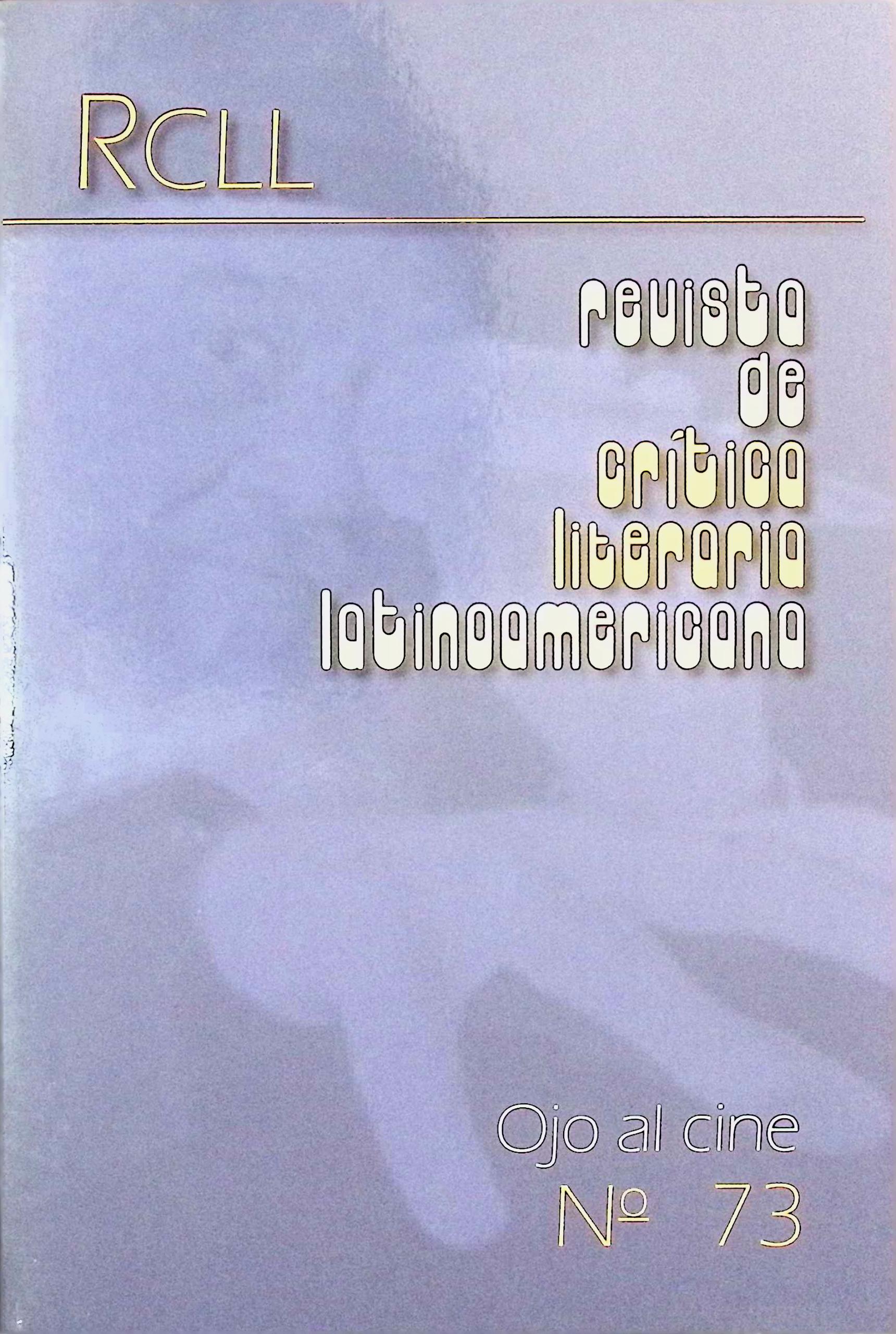Clarice Lispector/Suzana Amaral. A estrela nordestina o la fatalidad del género en el margen carioca
Keywords:
Susana Amaral, Clarice Lispector, Film adaptation, Marginality, Brazilian migrationAbstract
This essay argues that the filmic adaptation of A hora da estrela by Suzana Amaral distances itself from the problematics of language and the multisubjectivities that are central to Clarice Lispector’s novel. The film displays a neorealist aesthetics that combines the fable and the documentary in order to represent the marginal and degraded life of the Northeastern female inmigrant in the cruel urban jungle. Through the third person narrator, Amaral’s film leaves out the reflexive narrative structure of the novel and makes Macabéa the center of the story and the camera denouncing her discrimination and precariousness.





